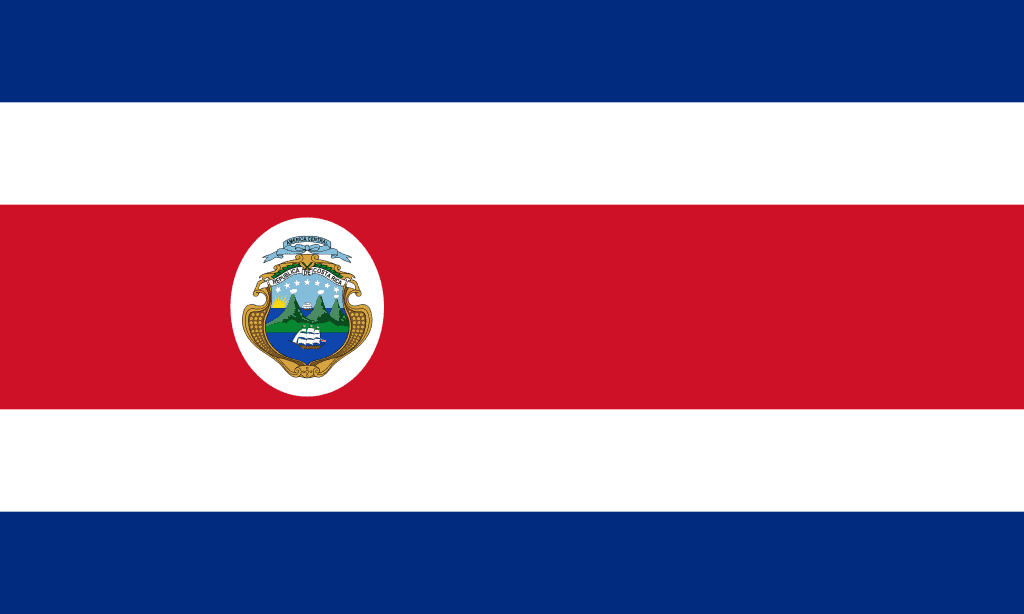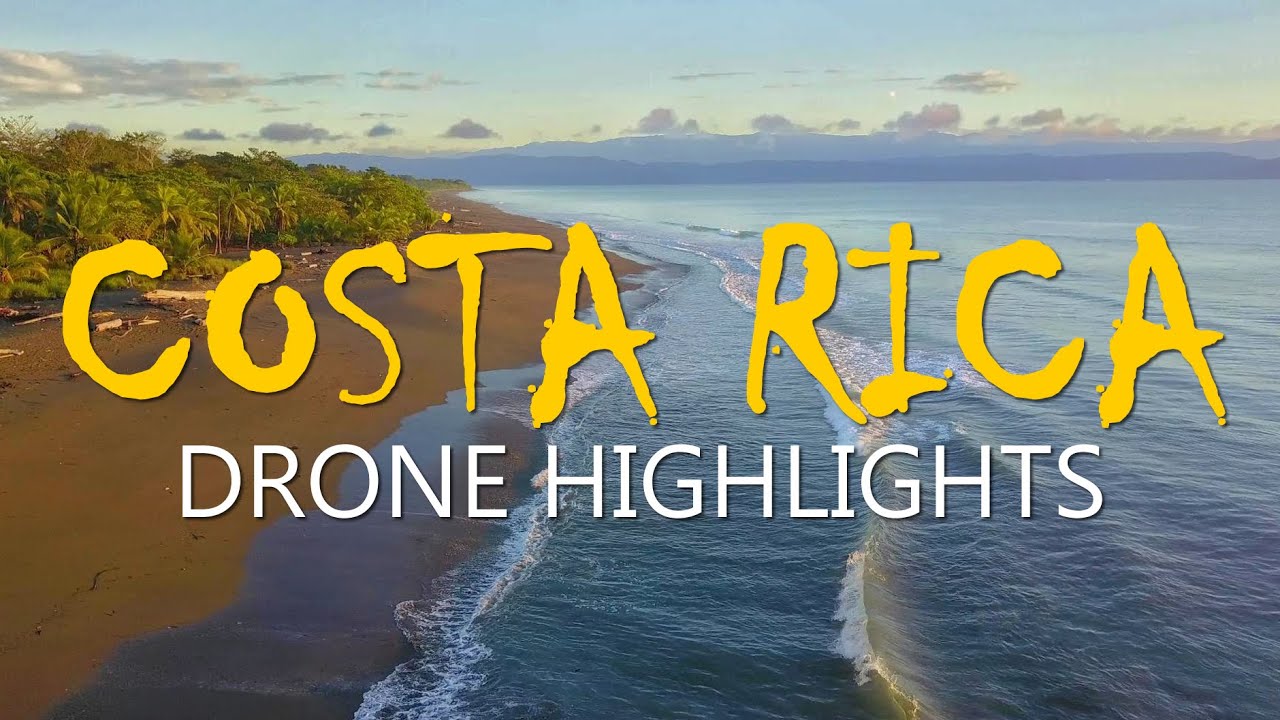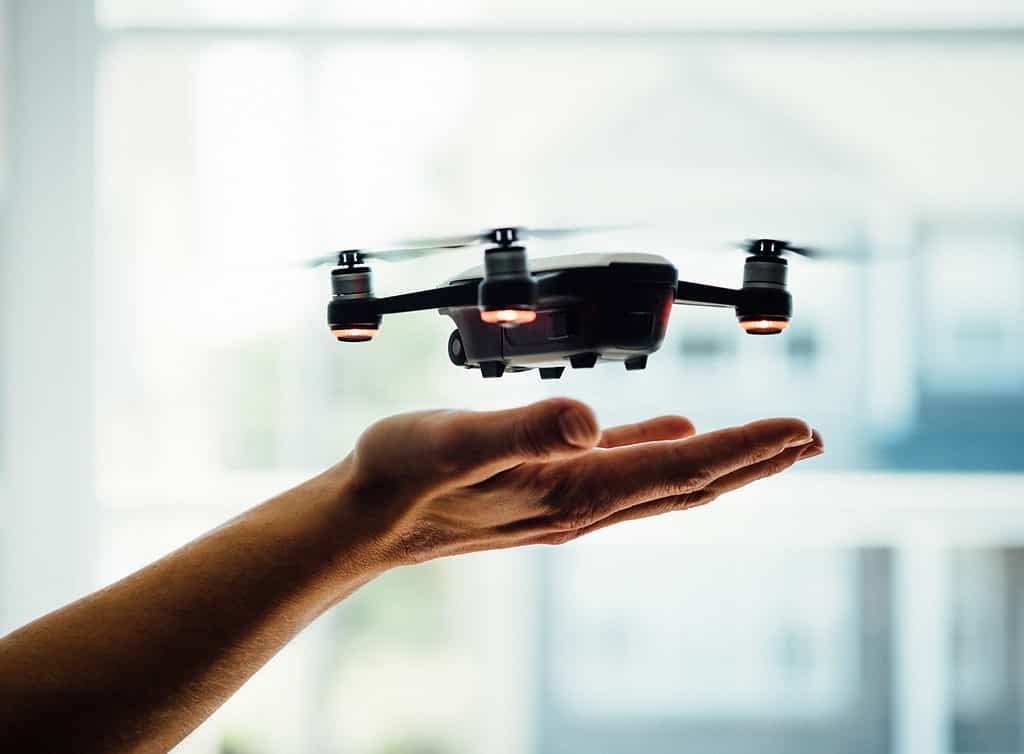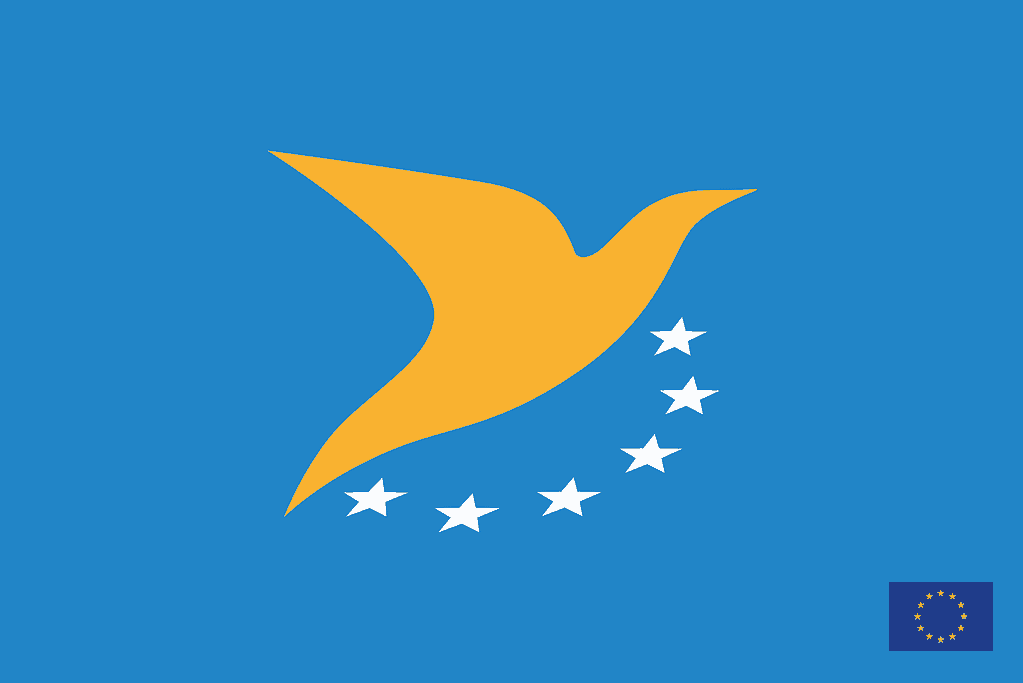Drone Laws in Costa Rica
Hobbyist Drone Laws For Residents of Costa Rica
Drone Operations in Costa Rica are currently regulated.
- Hobbyist drone flights are allowed in Costa Rica
- Hobbyist Costa Rica drone pilot license is not required
- Hobbyist Drone registration is not required in Costa Rica for hobbyists
- Drone Remote ID is not required in Costa Rica for hobbyists
- Drone Insurance is not required but recommended for hobbyists’ drone operations in Costa Rica
Read below for more details on Hobbyist Drone Laws in Costa Rica and to find links to regulators and other credible sources!
Agencies Responsible for regulating drones in the Republic of Costa Rica
Costa Rica Directorate General of Civil Aviation (DGCA)
UAS Laws – General rules for flying drones in Costa Rica
The Costa Rican agency responsible for drone safety, DGCA, has provided several internet-accessible details on flying for fun or work. The highlights are enumerated below. For more details go to the link above.
Are drones allowed in Costa Rica?
According to DGCA, drone use is allowed in Costa Rica, subject to DGCA regulations. Read on for more details.
Here are the most important rules for flying a drone in Costa Rica:
All Remotely Piloted Aircraft (RPAS) weighing less than 25 kg must have an identification plate attached to their structure, which must state, legibly at a glance, if possible and indelible, the identification of the aircraft. , which will consist of the serial number, the name of the operating company or owner, and the telephone number to contact.
The DGAC may allow the operation of aircraft with a maximum takeoff weight of up to 150 kg for agricultural activities and other aerial work, where the interested party can demonstrate that the work is carried out in places with no populated areas and a conglomeration of people. They may be authorized case-by-case to define design and maintenance limitations. The applicant or holder of an operational certificate must register the RPAS on the official page of the General Directorate of Civil Aviation at this link: http://drones.dgac.go.cr/Presentacion/PaginaPrincipal.aspx, in which you will obtain the corresponding record.
Remotely Piloted Aircraft (RPAS) whose maximum take-off mass exceeds 50 kg does not have a type certificate or the corresponding standard airworthiness certificate but a special airworthiness certificate issued by an ICAO Member State; the DGAC may authorize its operation.
- Fly only during daylight hours and in clear weather.
- Never fly your drone above 400 feet above the ground.
- Maintain the drone within your visual field.
- Avoid flying in congested areas or prohibited zones.
- Avoid flying directly over buildings.
- Unless you have special permission from the DGAC, avoid flying over cities, communities, and crowds.
- Avoid flying within 30 meters (98 feet) of structures.
- Avoid flying within eight kilometers (miles) of airports or airfields.
- Avoid flying over designated no-fly zones, including the Arenal Volcano, the La Palma passage, the Zurqui Tunnel, the El Murcielago Police Training Center, the La Reforma Prison, the Presidental House, and the Ministerio de Seguridad Publica.
Communication Equipment Registration
All Remotely Piloted Aircraft (RPA) weighing less than 25 kg and whose controls operate in the free-use bands in accordance with the provisions of the National Frequency Allocation Plan must comply with the “Procedure for approval of devices that operate in free use bands,” this homologation is carried out before the Superintendence of Telecommunications, the homologation certificate must be presented to the General Directorate of Civil Aviation.
Remotely Piloted Aircraft (RPA) whose maximum takeoff mass exceeds 25 kg and whose controls operate in the free-use bands in accordance with the provisions of the National Plan for Frequency Allocation, must comply with the “Procedure of homologation of devices that operate in the free use bands,” this homologation is carried out before the Superintendence of Telecommunications, the homologation certificate must be presented to the General Directorate of Civil Aviation.
Remotely Piloted Aircraft (RPA) whose maximum takeoff mass exceeds 25 kg and whose controls operate through a specific frequency assignment must carry out a process with the Ministry of Science, Technology, and Telecommunications, and the respective enabling title must be presented to the General Directorate of Civil Aviation.
Notes for recreational drone pilots flying for fun in Costa Rica
Costa Rica’s new drone regulations apply only to commercial drone operators. Therefore, recreational pilots must not register their drones but follow the Direccion General de Aviacion Civil’s basic rules (DGAC).
Drone Laws For Visitors To Costa Rica
Drone Operations in Costa Rica are currently regulated.
- Foreign visitor drone flights are allowed in Costa Rica
- Foreign visitor drone pilot license is not required
- Drone registration is required in Costa Rica for visitors/tourists
- Drone Remote ID is not required in Costa Rica for tourists
- Drone Insurance is not required but recommended for tourist drone operations in Costa Rica
Read below for more details on Drone Laws in Costa Rica for Visitors (Tourists) and to find links to regulators and other credible sources!
Note for foreign operators.
Drones must be registered with the DGCA prior to being flown in Costa Rica. To register your drone, visit the government’s official website and complete the permit application. There are no fees, and the following are the only items you should bring with you when visiting the country:
- A copy of a valid remote pilot’s license
- A valid insurance certificate
- Registration of drones
- Proof of purchase
- Your contact information and other pertinent information
Commercial Drone Laws For Residents of Costa Rica
Drone Operations in Costa Rica are currently regulated.
- Commercial drone flights are allowed in Costa Rica
- Commercial Costa Rica drone pilot license is not required
- Commercial Drone registration is required in Costa Rica for commercial drone operators
- Drone Remote ID is not required in Costa Rica for Commercial Drone Operators
- Drone Insurance is not required for commercial drone operations in Costa Rica
Read below for more details on Commercial Drone Laws in Costa Rica and to find links to regulators and other credible sources!
Notes for operating Commercial Drone Services in Costa Rica
If you are a commercial operator, your drone must have a label that identifies you as the operator/owner, your contact information, and your DGAC drone registration number.
All commercial and non-commercial aerial fumigation companies with RPAS must be registered with the SFE-MAG as a company dedicated to agricultural aviation. All aerial spraying application equipment with RPAS must have the registration number issued by the SFE-MAG.
Certification Requirements for Flying a Drone in Costa Rica
Commercial drone pilots must obtain a certificate from the Technical Council of Civil Aviation and a DGAC operational certificate.
The following are the requirements for obtaining an operational certificate:
- Successful completion of theoretical and practical courses
- Over ten hours of flight experience
- Must be at least 18 years old and possess a high school diploma
Drone Laws For Government Drone Operators in Costa Rica
Drone Operations in Costa Rica are currently regulated.
- Government drone flights are allowed in Costa Rica
- Government drone pilot license is required
- Drone Costa Rica registration is required for Government operations
- Drone Remote ID is not required in Costa Rica for Government operations
- Drone Insurance is not required for Government drone operations in Costa Rica
Read below for more details on Drone Laws Costa Rica for Government Drone Operations and to find links to regulators and other credible sources!
Useful published information on flying drones in Costa Rica
Here is a sample of what you might expect if you follow the drone laws and fly in Costa Rica…
Authoritative Sources of Information on Costa Rica Drone Laws
We will attempt to keep an updated list of online authoritative links to regulators and other official websites here:
- Drone Regulator Website: Costa Rica Directorate General of Civil Aviation (DGCA)
- Link To SUAS Laws: Drone Section of DGCA Website
- No Fly Zone Maps/Locations: N/A
- UAV Registration Site: Registration Site
- Drone Operator Licensing Site: N/A
- Others: N/A
NOTE: This page is about the Regulation of Unmanned Aerial Vehicles: Small Unmanned Aerial Systems (SUAS), Small UAS, Remote Piloted Aerial Systems (RPAS), unmanned aerial vehicle (UAV), Unmanned Aerial System (UAS), and drone are interchangeable terms unless specified. Model Aircraft, toy, remote-controlled, and RC aircraft may be covered by the same regulations unless specified.
Find out why
We think you must use a Drone Preflight Checklist
And a Drone Post-flight checklist
Free Drone Flight Checklist PDF
This Drone Flight Checklist is better than others.
It’s free!
It includes both the preflight checklist and post-flight checklist
It’s an easy-to-use printable PDF that covers all your bases.
Traveling with a Drone?
Click here to read our Comprehensive Guide For Traveling With A Drone.
LET US CONNECT YOU
Calling All Drone Service Companies, Trainers, Tour Guides with Drone Experience
Contact Us with your website, email address and phone number using our Contact Page
We want to share your information with visitors who look for credible providers that follow the rules.
NOW IT’S YOUR TURN





Leave a Comment